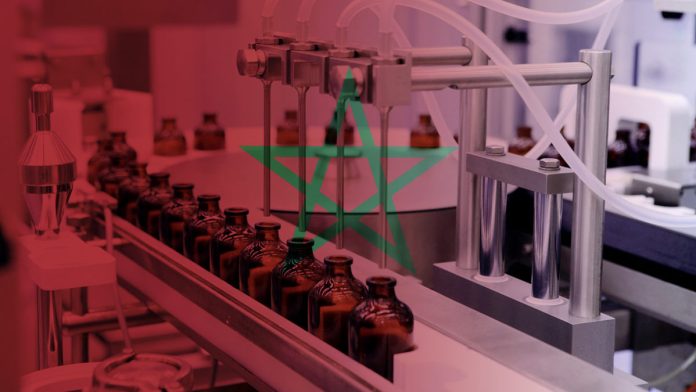US agency Bloomberg has highlighted the dynamics of the Moroccan pharmaceutical industry as well as the Kingdom’s efforts to promote local production so as to foster Africa’s health sovereignty.
A robust homegrown industry would help Africa ensure adequate supplies of critical treatments, said Lamia Tazi, chief executive officer of Société de Thépeutique Marocaine (SOTHEMA), in an article published Friday.
Africa has limited access to the pharmaceuticals and vaccines it most needs. So the biggest challenge is to develop that capacity on our own, Mrs Tazi pointed out in this interview, adding that “the biggest challenge is to develop that capacity on our own”.
“Having autonomy to manufacture is very important, but it’s not possible to discuss equity and sustainability without talking about intellectual-property protections, especially when it comes to chronic and endemic diseases”, SOTHEMA CEO stressed, while underlining the need to form partnerships for the transfer of new technologies.
“Africa doesn’t need technology. We have that. But we need to work with Western and Asian countries to get the know-how,” she said, adding that “while Africa doesn’t have budgets for research, it could specialize in other parts, such as clinical trials to show a medicine is safe and effective for humans, and so-called fill and finish, the final steps of production”.
“This would create many thousands of jobs for African pharmacists, biologists and innovators. African countries also need to get better data on the diseases affecting their people.”
Regarding Morocco’s experience, Mrs Tazi recalled that Morocco did clinical trials with Sothema and manufactured the Covid-19 vaccine with China’s Sinopharm Group.
“Developing things such as vaccines must happen via true public and private partnerships, because the private sector has the expertise and the public sector has the market”, she stressed, noting that “the vaccine alliance Gavi can’t be the final option for Africa, because it’s not pushing for autonomy in African countries”.
According to her, “governments must take responsibility in ensuring local uptake, in creating the demand, in deciding not to merely rely on Gavi or Unicef, but to buy what is produced locally”. “Another way to boost demand is through universal health insurance, giving people access to funds and the ability to choose where they get care,” she added.
African countries depend on foreign suppliers for as much as 90% of their drugs and 99% of their vaccines, a situation that created widespread shortages during the COVID-19 pandemic, Bloomberg said.




